Barclays shrinks investment bank
Barclays is still struggling with their investment banking arms following another round of disappointing results.

Get the latest financial news, insights and expert analysis from our award-winning MoneyWeek team, to help you understand what really matters when it comes to your finances.
You are now subscribed
Your newsletter sign-up was successful
Want to add more newsletters?

Twice daily
MoneyWeek
Get the latest financial news, insights and expert analysis from our award-winning MoneyWeek team, to help you understand what really matters when it comes to your finances.

Four times a week
Look After My Bills
Sign up to our free money-saving newsletter, filled with the latest news and expert advice to help you find the best tips and deals for managing your bills. Start saving today!
The latest results from Britain's banks have triggered the usual row over bonuses and yet more "one-off" charges for various scandals but also some good news.
Lloyds managed a pre-tax profit of £1.8bn last year and announced its first dividend since its £20bn state bailout in 2008. Barclays saw a 12% increase in underlying profits to £5.5bn last year.
However, after a £750m provision for possible fines relating to forex-market rigging, and other one-off costs, the bank registered a small net loss. And both Barclays and RBS are still struggling with their investment banking arms.
MoneyWeek
Subscribe to MoneyWeek today and get your first six magazine issues absolutely FREE

Sign up to Money Morning
Don't miss the latest investment and personal finances news, market analysis, plus money-saving tips with our free twice-daily newsletter
Don't miss the latest investment and personal finances news, market analysis, plus money-saving tips with our free twice-daily newsletter
What the commentators said
"Financially, Jenkins is justified in saying the bank is healthier than it has been since the crisis." But pay per banker in the investment bank division has risen now that 200 staff have been cut. And the bills for misconduct and alleged fraud "just keep on rising".
Only more cuts will ensure that the investment bank produces returns to beat its cost of capital, said Allister Heath. This means Barclays has reached a "turning point". For the past 31 years, it has "consumed a vast amount of capital" trying to build a world-class investment bank.
But despite "coming tantalisingly close", it hasn't succeeded in building a viable alternative to Goldman Sachs or JP Morgan. RBS is also finding it too expensive, added The Guardian's Jill Treanor, so it's now slimming down to a presence in 13 countries from 51 in 2009.
There will come a time, warned Chirantan Barua of Bernstein, when "we need liquidity in this country and we won't have a British broker-dealer".
Get the latest financial news, insights and expert analysis from our award-winning MoneyWeek team, to help you understand what really matters when it comes to your finances.

-
 How a ‘great view’ from your home can boost its value by 35%
How a ‘great view’ from your home can boost its value by 35%A house that comes with a picturesque backdrop could add tens of thousands of pounds to its asking price – but how does each region compare?
-
 What is a care fees annuity and how much does it cost?
What is a care fees annuity and how much does it cost?How we will be cared for in our later years – and how much we are willing to pay for it – are conversations best had as early as possible. One option to cover the cost is a care fees annuity. We look at the pros and cons.
-
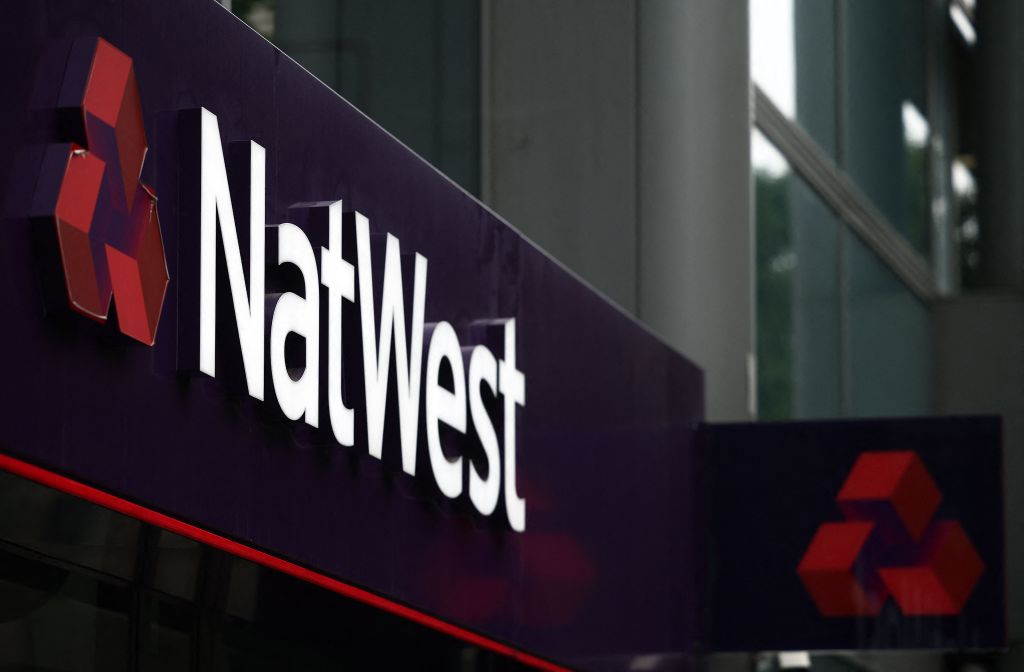 UK banking stocks: what’s the latest this results season, and are they worth a look?
UK banking stocks: what’s the latest this results season, and are they worth a look?All five major UK banks released their annual results in February, reporting profit increases. But the sector has long been unloved by investors. Are UK banking stocks hidden gems, or better avoided?
-
 Britain’s most-bought shares w/e 12 August
Britain’s most-bought shares w/e 12 AugustNews A look at Britain’s most-bought shares as of 12 August, providing an insight into how investors are thinking and where opportunities may lie.
-
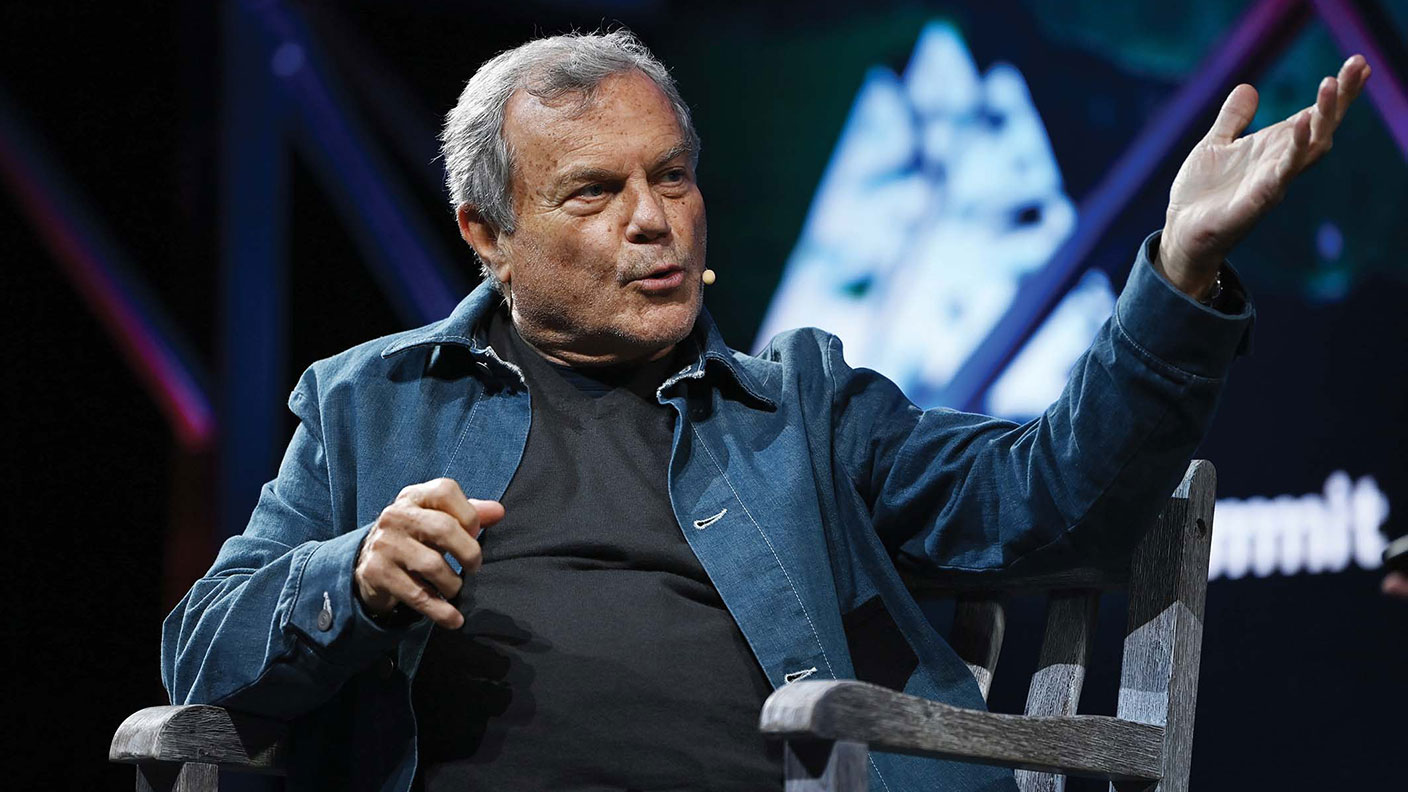 S4 Capital – a company that still has much to prove
S4 Capital – a company that still has much to proveTips Audit delays set shares tumbling at advertising agency S4 Capital. It needs to show it can turn growth into profits, says Bruce Packard.
-
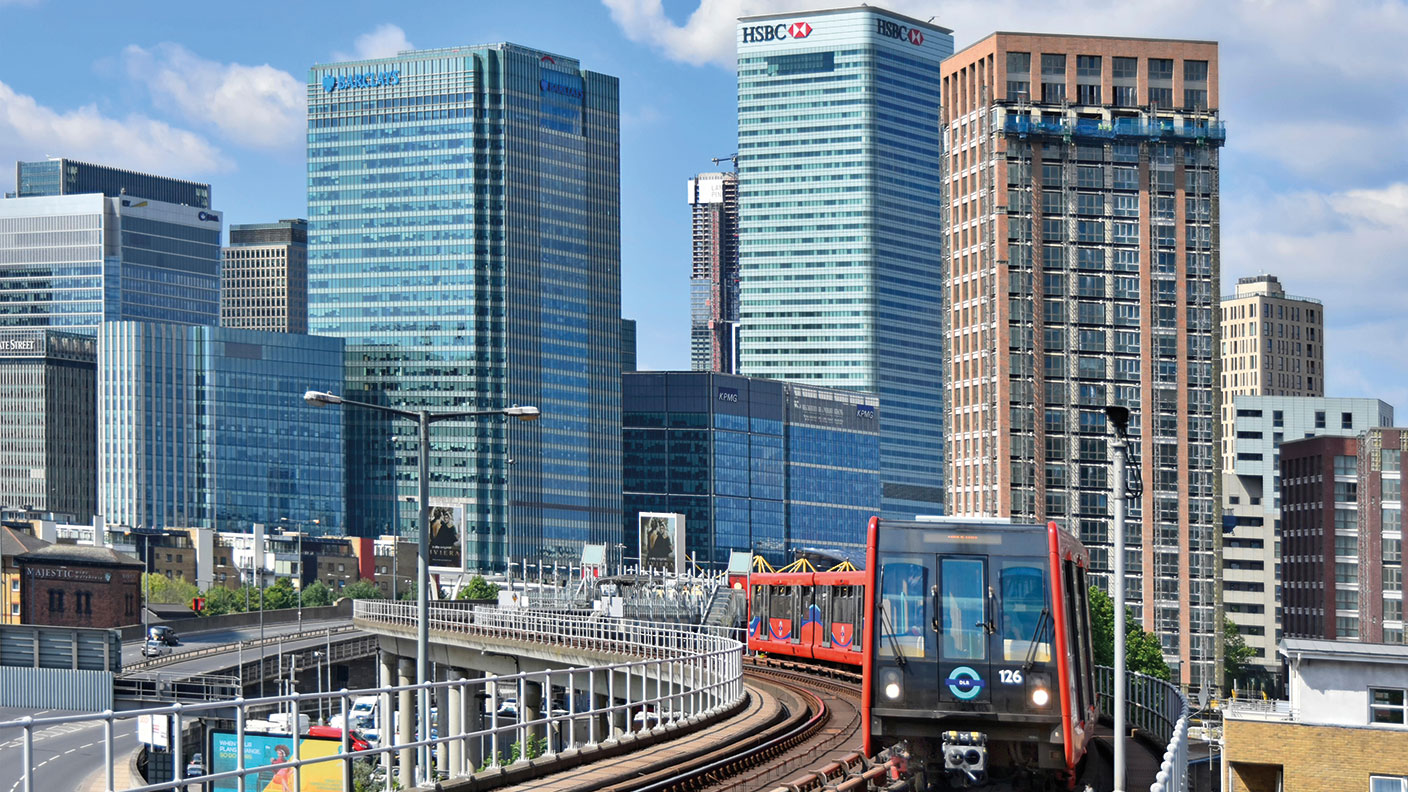 When to buy shares in NatWest, Britain's worst bank
When to buy shares in NatWest, Britain's worst bankTips Rising interest rates should lift profits for the banking sector if inflation doesn’t get out of control, says Bruce Packard.
-
 How UK banks went from Big Bang to universal failure
How UK banks went from Big Bang to universal failureCover Story The 1986 deregulation shook up the banks, but the all-in-one model that it created is bad for customers and investors. Specialists do a better job – as the real fintech winners are showing, says Bruce Packard
-
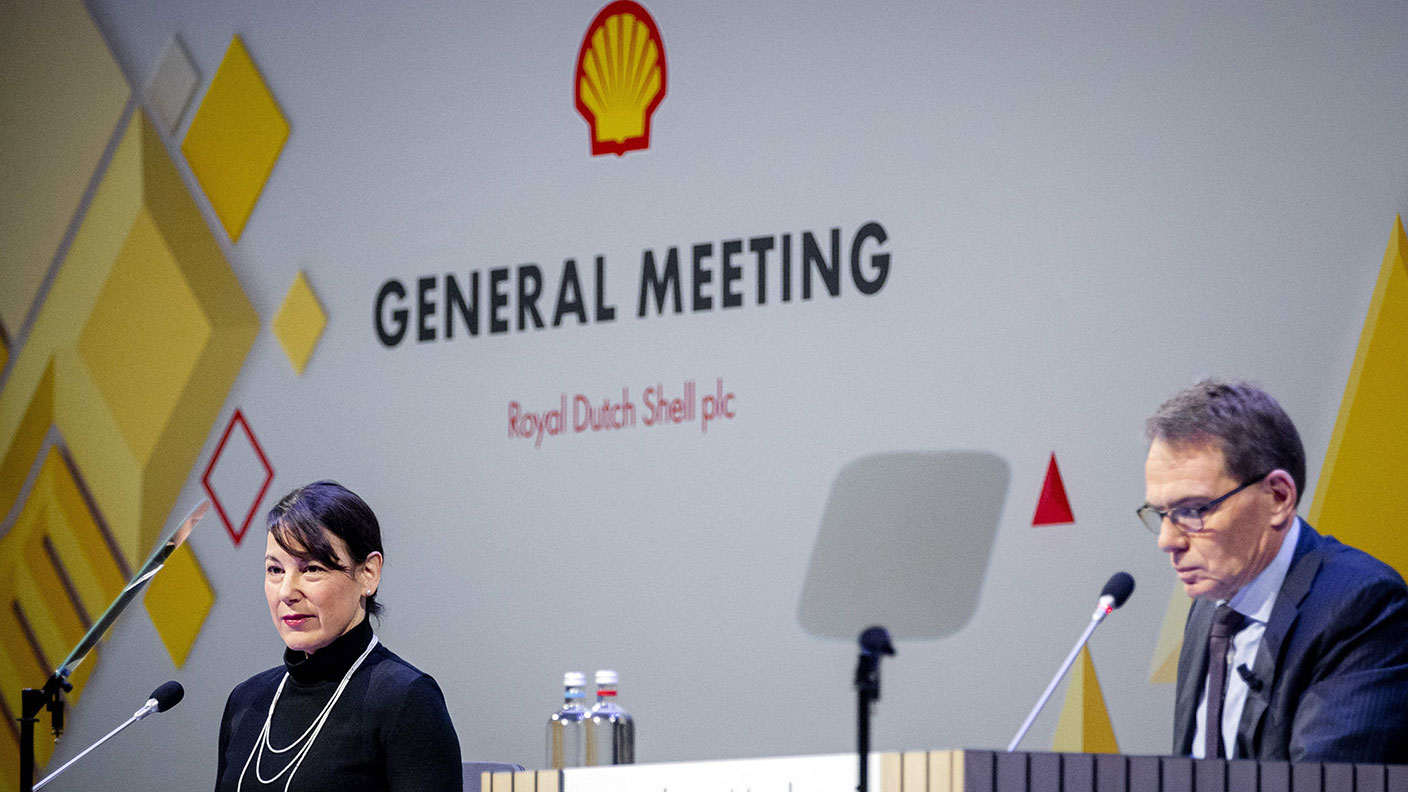 Activist investing: forget hedge funds, leave it to private investors
Activist investing: forget hedge funds, leave it to private investorsOpinion Demands from “activist investor” hedge funds are every bit as short-termist as the management teams they are trying to shake up, says Matthew Lynn. Private investors will take a long view.
-
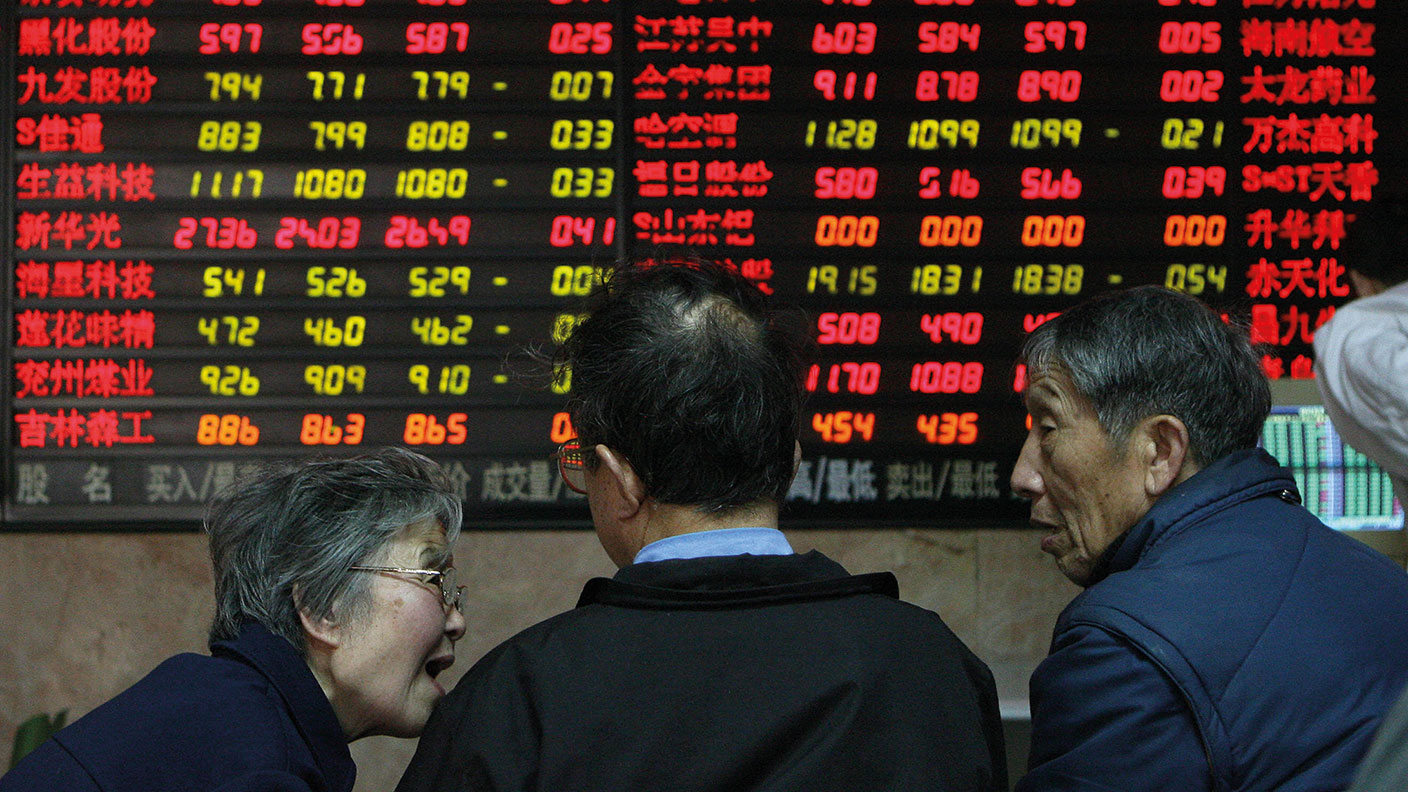 Evergrande: Chinese property giant spooks global markets
Evergrande: Chinese property giant spooks global marketsNews Global markets fell this week as investors worried about the fate of Evergrande, China’s most indebted property developer, which is teetering on the brink of default.
-
 HSBC’s profits surge – but will the share price?
HSBC’s profits surge – but will the share price?News Pre-tax profits at banking giant HSBC rose from $1.1bn last year to $5.1bn in 2021, but the share price remains depressed.